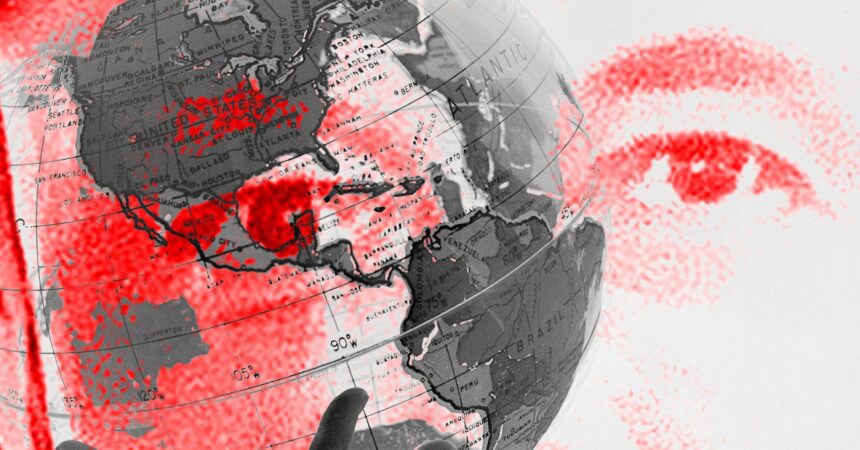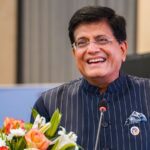The Political Maneuverings of Elon Musk: A Double-Edged Sword
The intersection of technology and politics has never been more pronounced, and figures like Elon Musk are at the forefront of this evolution. Musk, the owner of X (formerly Twitter), has been increasingly vocal about his political beliefs and affiliations, fostering controversy and aligning himself with right-wing figures and movements around the globe. This post delves into Musk’s political activities, the implications for democracy and media regulations, and the growing significance of his role in global politics.
Musk and Controversial Figures
In recent months, Musk has publicly supported contentious figures such as Tommy Robinson, a UK-based activist known for promoting far-right ideologies. Robinson’s legal troubles stem from being found in contempt of court for spreading false information about a Syrian refugee. Musk’s endorsement prompted backlash, even from figures like Nigel Farage, who initially criticized Robinson. However, in a subsequent appearance, Farage softened his stance, questioning Robinson’s imprisonment. This type of political endorsement reflects Musk’s alignment with voices that challenge establishment narratives, often seeming to lend credibility to fringe opinions.
Tensions with Global Authorities
Musk’s relationship with government authorities has been fraught, particularly in contexts where social media regulation and the integrity of democratic processes are concerned. His months-long standoff with Brazil’s Supreme Court continues to draw attention, particularly following the country’s political tumult after Jair Bolsonaro’s election defeat. In a striking parallel to the January 6 insurrection in the U.S., Bolsonaro supporters stormed the legislature, questioning the legitimacy of the election results. Musk’s decision to resist Brazilian court orders to remove harmful content led to accusations of undermining Brazilian democracy.
This pushback culminated in the court issuing a block on X in Brazil and levying fines against Musk-owned Starlink for noncompliance. Such events highlight the delicate balance tech moguls must maintain between their operations and their responsibility as platforms for public discourse.
Broader Political Alliances
Musk’s involvement isn’t limited to the UK or Brazil. His meetings with Venezuelan leadership and Argentine president Javier Milei suggest a growing network of associations with right-wing politicians whose policies resonate with his libertarian views. Despite Milei’s drastic cuts leading to rising poverty rates in Argentina, Musk has praised his governance style, highlighting a willingness to overlook social ramifications if they align with his ideological and business objectives.
A New Political Force
Christian Katzenbach, a professor of media and communication, articulates Musk’s role as that of a connection hub, bridging various groups that traditionally lacked cohesive ties. By integrating far-right perspectives into mainstream conversation, Musk is reshaping the political landscape, potentially influencing voter bases for right-leaning parties worldwide. His ability to amplify alternative voices online is a powerful testament to the unprecedented impact a single individual can wield over global political discourse.
As his forays into international politics suggest, Musk’s motivations seem to be multifaceted. He is not merely a businessman or a tech entrepreneur but also a strategist with a keen interest in influencing policies that could benefit his enterprises. Initiatives like his proposed deal with Italy’s right-wing government for satellite communications highlight a pragmatic approach to intertwining political relationships with business interests, reminiscent of how other tech leaders attempt to navigate regulatory landscapes.
Conclusion
As Elon Musk continues to expand his influence across various political landscapes, the repercussions of his actions raise critical questions about the responsibilities and ethical considerations of tech leaders in the democratic process. His engagement with controversial personalities and governments points to an urgent need for discussions around media regulation, the dissemination of information, and the broader implications for democratic integrity. In understanding Musk’s political maneuverings, we gain insight into how technology and power dynamics are reshaping governance and public discourse in the 21st century.
The future will undoubtedly continue to unfold against this backdrop of complex interactions, with Musk firmly positioned in the center of it all. The blend of business acumen and political strategy will likely keep him a pivotal figure as we dissect the evolving landscapes of both technology and politics.










